Egypt through the eyes of David Roberts
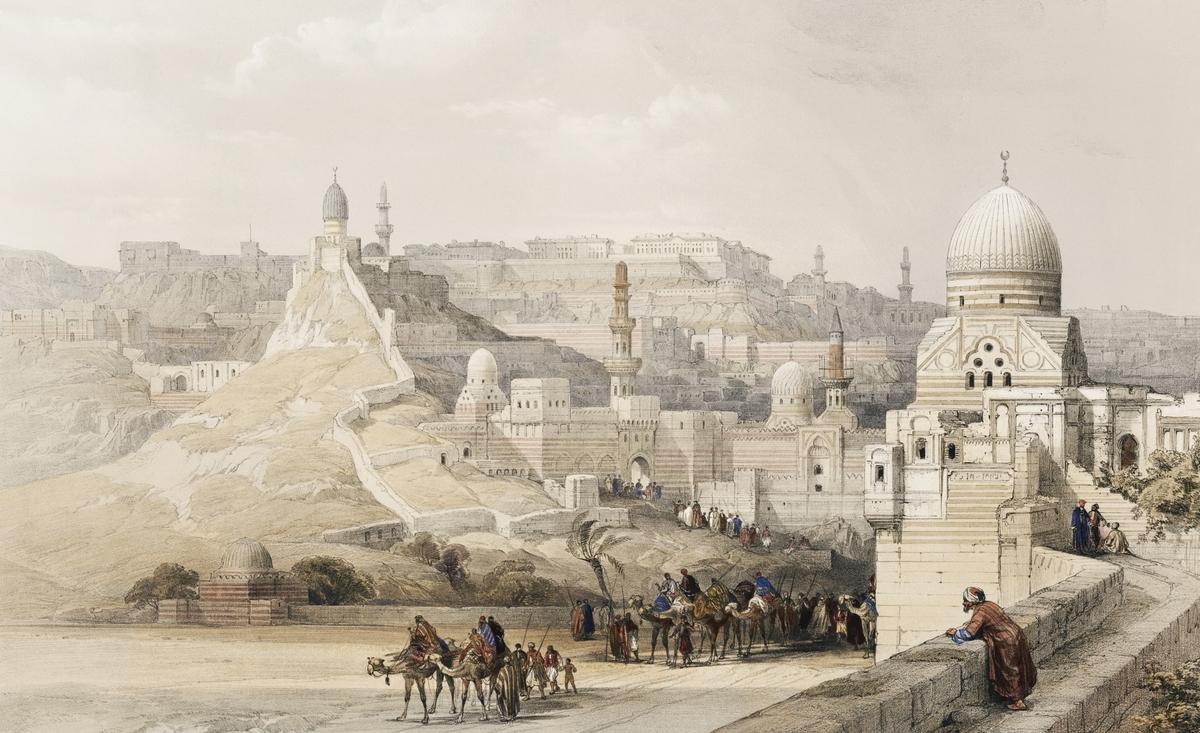
I’m finding David Roberts’ (1796–1864) illustrations of Egypt in the 19th century absolutely spellbinding.
Courtesy of my own cowardice, I cannot draw. I’ve long wanted to draw, but every embryonic effort is so awful that I make no progress. Figures, when effort rounds to nil, outputs will too.
I liken this failure to another, my speaking only one language. Or rather, it is the same failure.
Language seeks to communicate. The realm of language is larger than words. Sculpture is a language, or it is many languages. The same is true of painting, prose, poetry etc. With any given language we seek to express ideas. Some languages are suited to particular ideas (see Your native language affects how you see this image), some languages are suited to particular people. Likewise, some languages are perhaps less suited to the expression of certain types of ideas.
Language shapes the way we think and determines what we can think about.\
By speaking only English I cannot know whether it is a language I am suited to, whether there are parts of me that could reveal themselves in another language. Could I express pain better through a tangible language, could learning another spoken language alter my conception of love, death, spirits et al?
In programming we know this empirically: C is well suited to embedded and systems programming; interpreted languages like Python make good scripting languages, but its other features also made it a natural fit for machine learning; R and Matlab are favoured for data analysis; Go was built to alleviate problems at Google scale; Lua is aimed at extending other applications rather than building applications itself; HTML and the WWW proved revolutionary, unfortunately they fell short of what hypermedia could have been, and any hope of their salvation probably died with the pivot away from XHTML to HTML5 as a ‘living standard’; CSS was a bad idea that we can’t escape etc.
I’ll draw something today, but for now I’ll keep on admiring Roberts’ work.
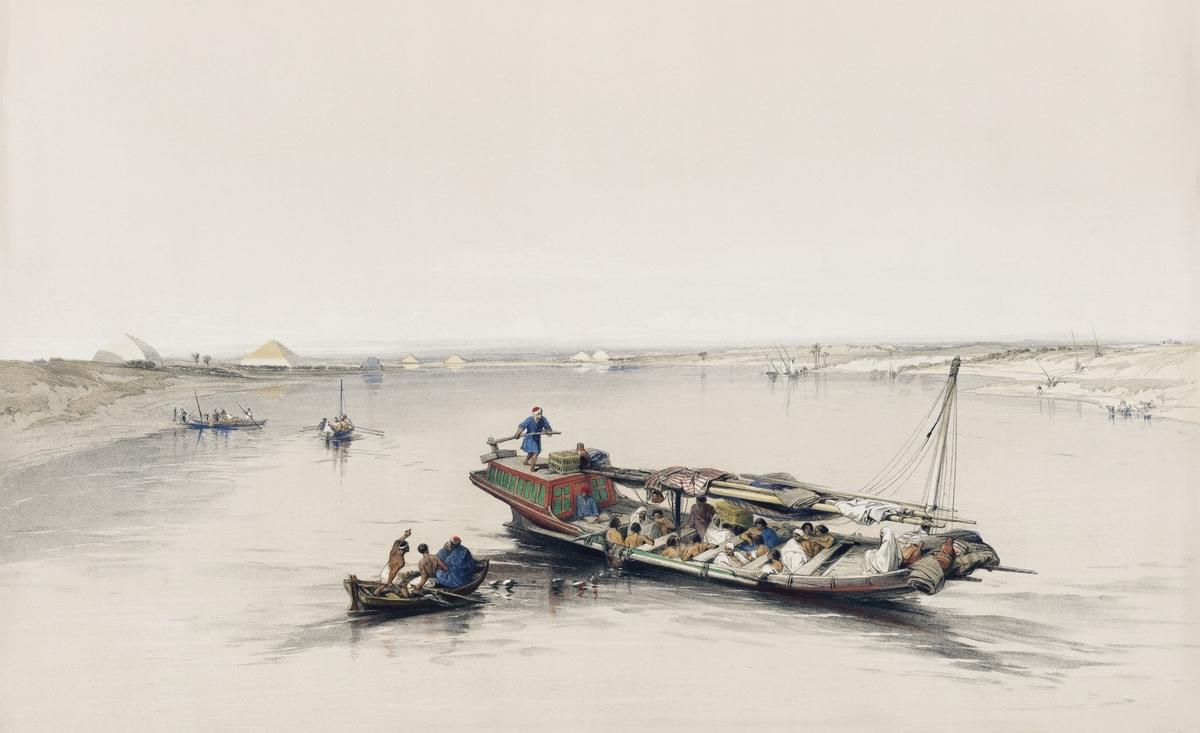
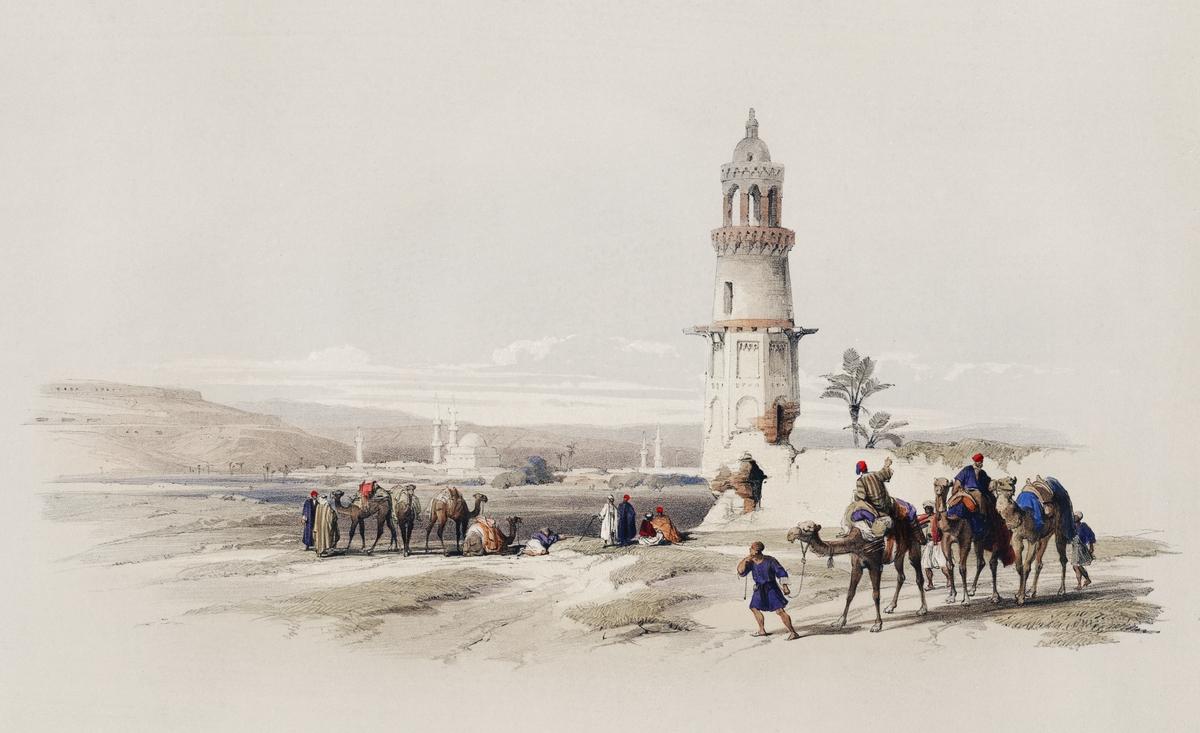
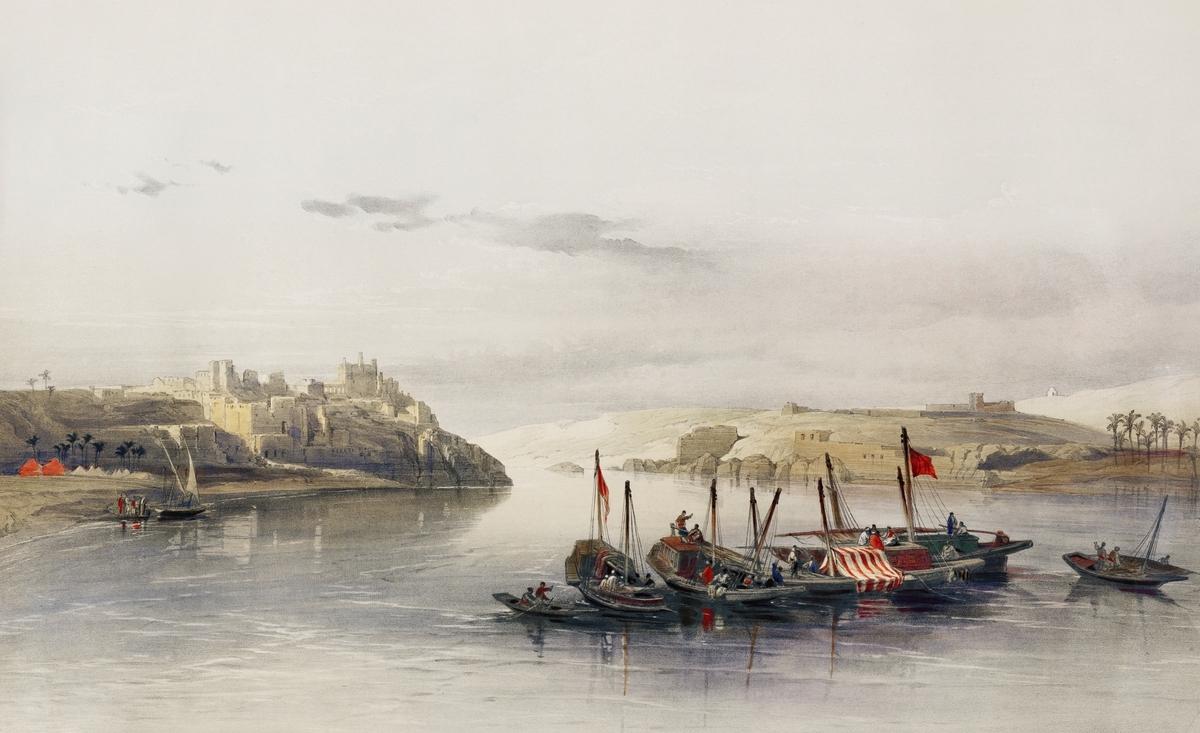
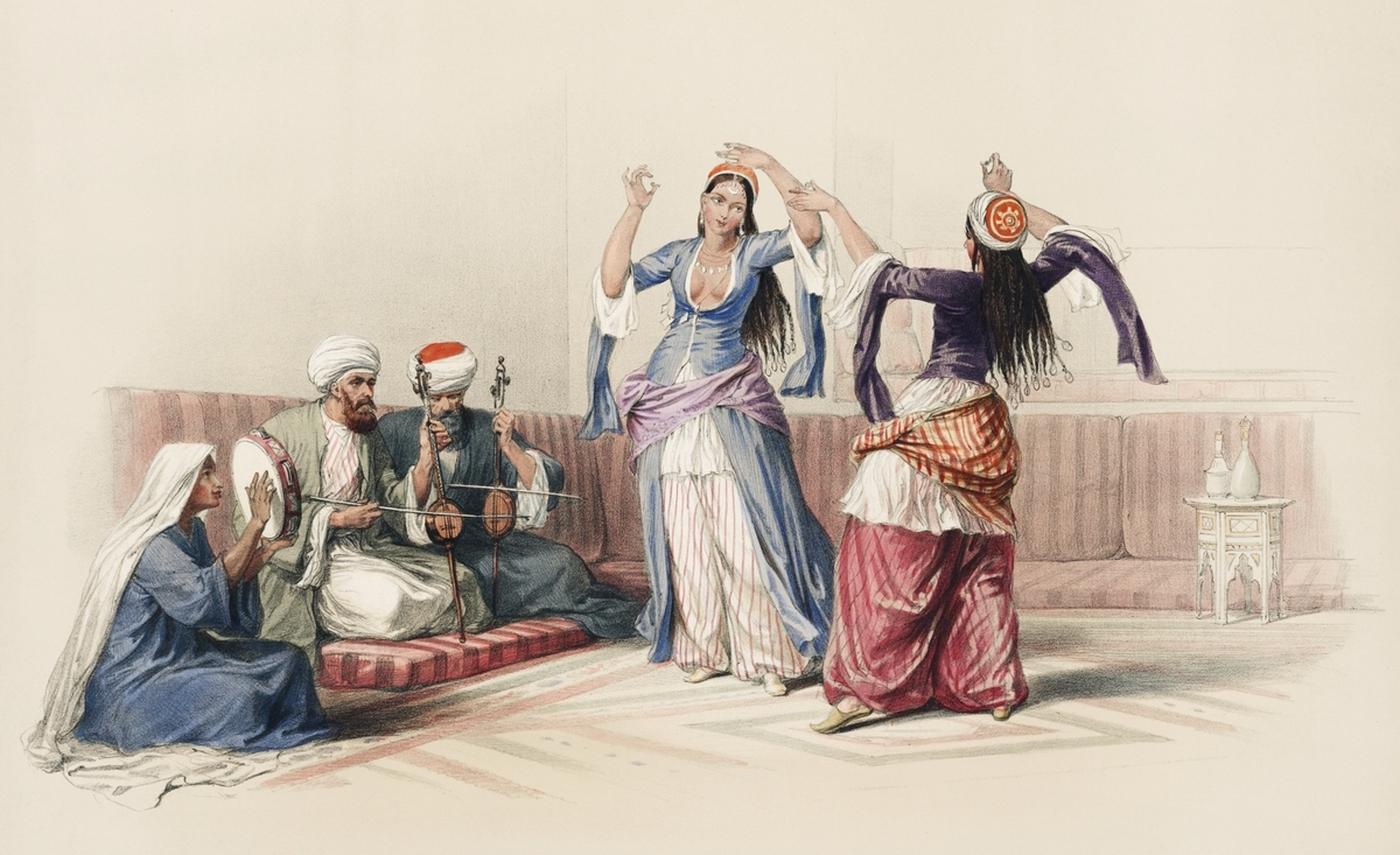
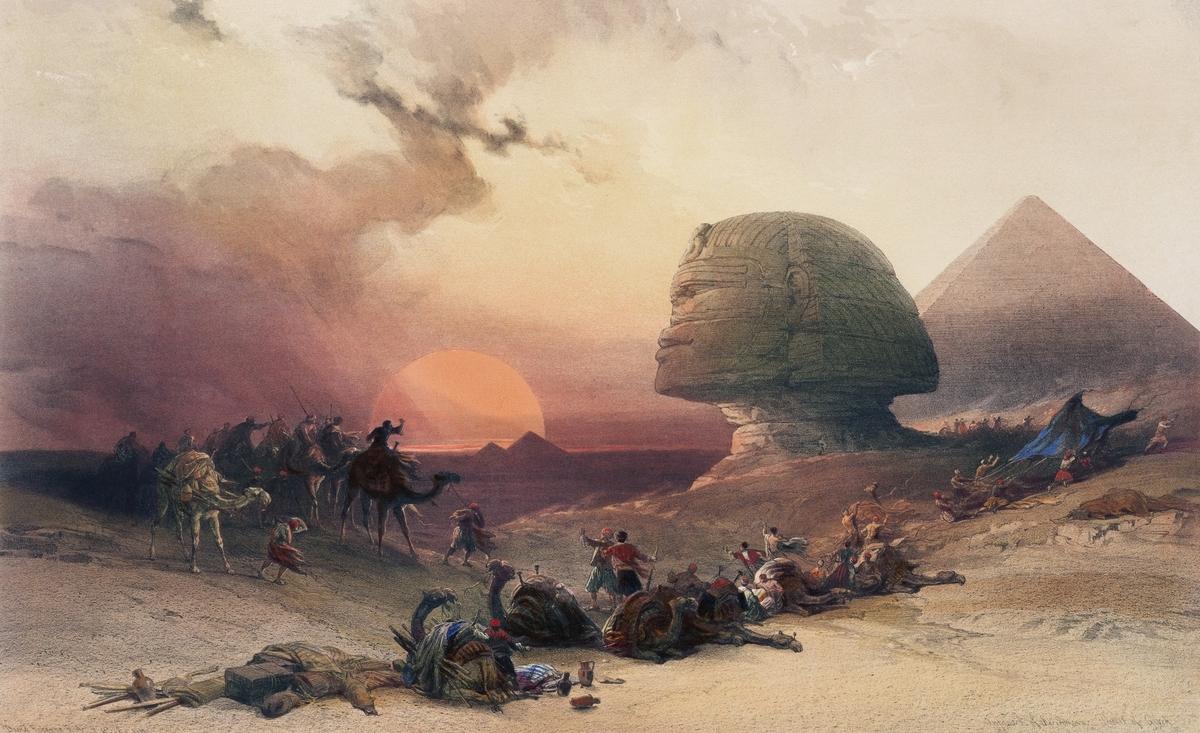
The limits of my language mean the limits of my world.